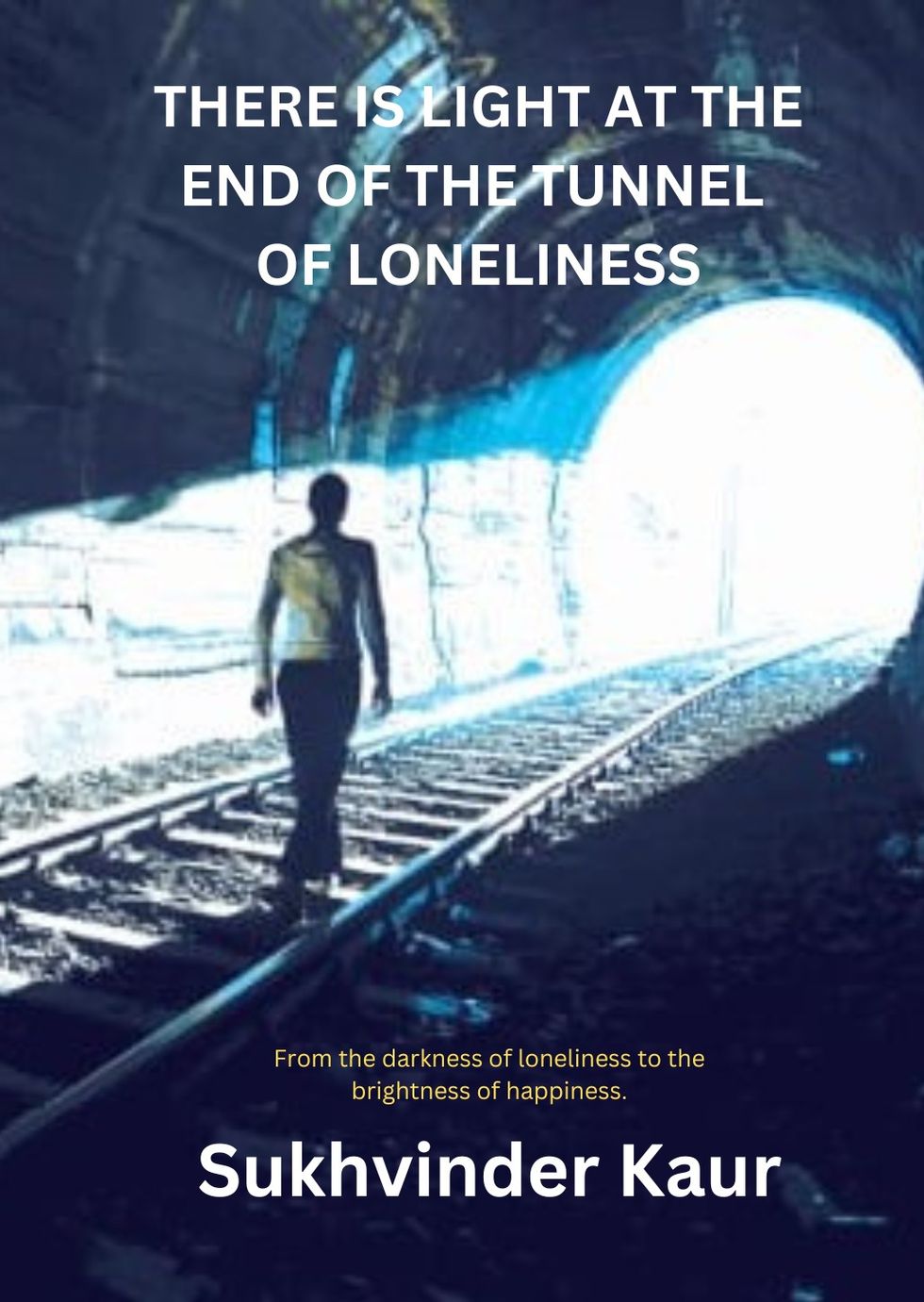Doctors in one of India's top private hospitals shuffle through the intensive care unit wearing full protective suits. Every bed is occupied by coronavirus patients, and fear is building that the worst is still to come.
"We don't know when this is going to peak," Dr Deven Juneja told AFP during a pause from his rounds at the Max Smart Super Speciality Hospital in New Delhi, as heart monitors beeped throughout the ward.
"All of us are hoping for the best, but we are mentally and physically prepared for the worst."
Indian authorities have in recent days been loosening their months-long lockdown on people movement that had been aimed at curbing the spread of the coronavirus.
However they were forced into the easing for economic reasons and, while people across the country of 1.3 billion resume more normal travel, the number of infections is soaring.
There are almost 10,000 new confirmed cases every day and declared infections are now over 275,000 -- the fifth highest in the world.
Officially there have been nearly 8,000 coronavirus deaths, although the true number is widely believed to far higher.
Newspapers carry stories of patients dying after being denied care. The government is turning cricket stadiums into field hospitals. Crematoriums are struggling to cope.
In New Delhi, the situation is particularly dire with the city government this week predicting the caseload will balloon 20 fold to more than half a million by the end of July, which the health care system appears woefully ill-prepared for.
Ambulances arrive constantly at the Max hospital, which like other private facilities in the teeming city of 20 million people has been ordered by the government to set aside 20 percent of its beds for coronavirus patients.
With families not allowed to see virus patients, Juneja has to double up as a caregiver, although he is unable to even hold his patients' hands.
"All of us are trying to keep our morale up in these difficult times," he said.
"We have to keep ourselves motivated and keep going every day."
Juneja said the surge had started to be felt over the past few days, with an increase in the number of people looking for a bed.
"That has definitely increased the load on us. We want to get our patients well as soon as possible and try to create more beds for our patients," he said.
- Courage -
The hospital has had to transform drastically, demarcating green and red zones as well as converting the maternity section into a coronavirus care facility.
Posters of Winnie the Pooh and smiling babies greet anxious patients as staff in full protective gear -- their names hand-written in black marker pen on the front -- screen allcomers for fever and other symptoms.
"I think it definitely scares us a bit, because you never know from where the infection can enter your body," said Jyoti Ester, an infection care nurse.
Vinita Thakur, a nurse in a covid ward, said wearing the protective suits for long hours in the hot Indian summer required immense "physical and mental courage".
"After putting on the PPE we can't drink water, can't eat, can't even go to the washroom," Thakur said in between attending an elderly patient in the ICU.
"There is a lot of sweating and because of that we get burns and rashes. But we have to do it, we are on the frontline, we can't make any excuses."
A patient on his way to recovery in the ICU told AFP he could not thank the healthcare staff enough.
"I think all these hospital staff are just like God because they risk their own lives to treat patients," said Bhupinder Sharma, 55.
"There can be nothing greater than this."





 Kareena remains an unstoppable forceInstagram/ kareenakapoorkhan
Kareena remains an unstoppable forceInstagram/ kareenakapoorkhan











 Rolex GMT-Master II Rolex
Rolex GMT-Master II Rolex Rolex Day-Date 40 Rolex
Rolex Day-Date 40 Rolex Rolex Day-Date 40 Presidential Rose Gold Rolex
Rolex Day-Date 40 Presidential Rose Gold Rolex Rolex Datejust 41 Rolex
Rolex Datejust 41 Rolex Rolex Submariner 41mmRolex
Rolex Submariner 41mmRolex
 And , her book
And , her book
